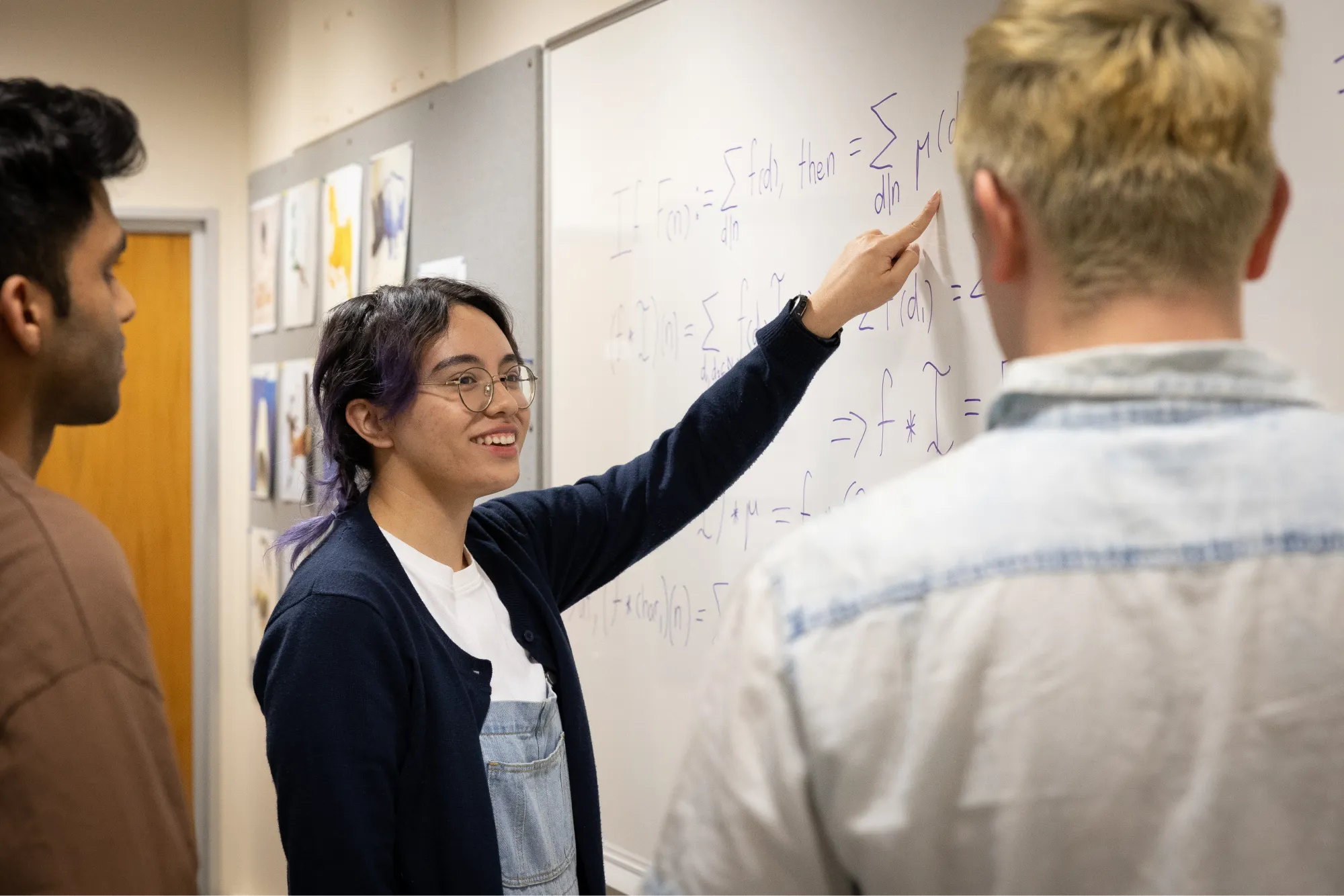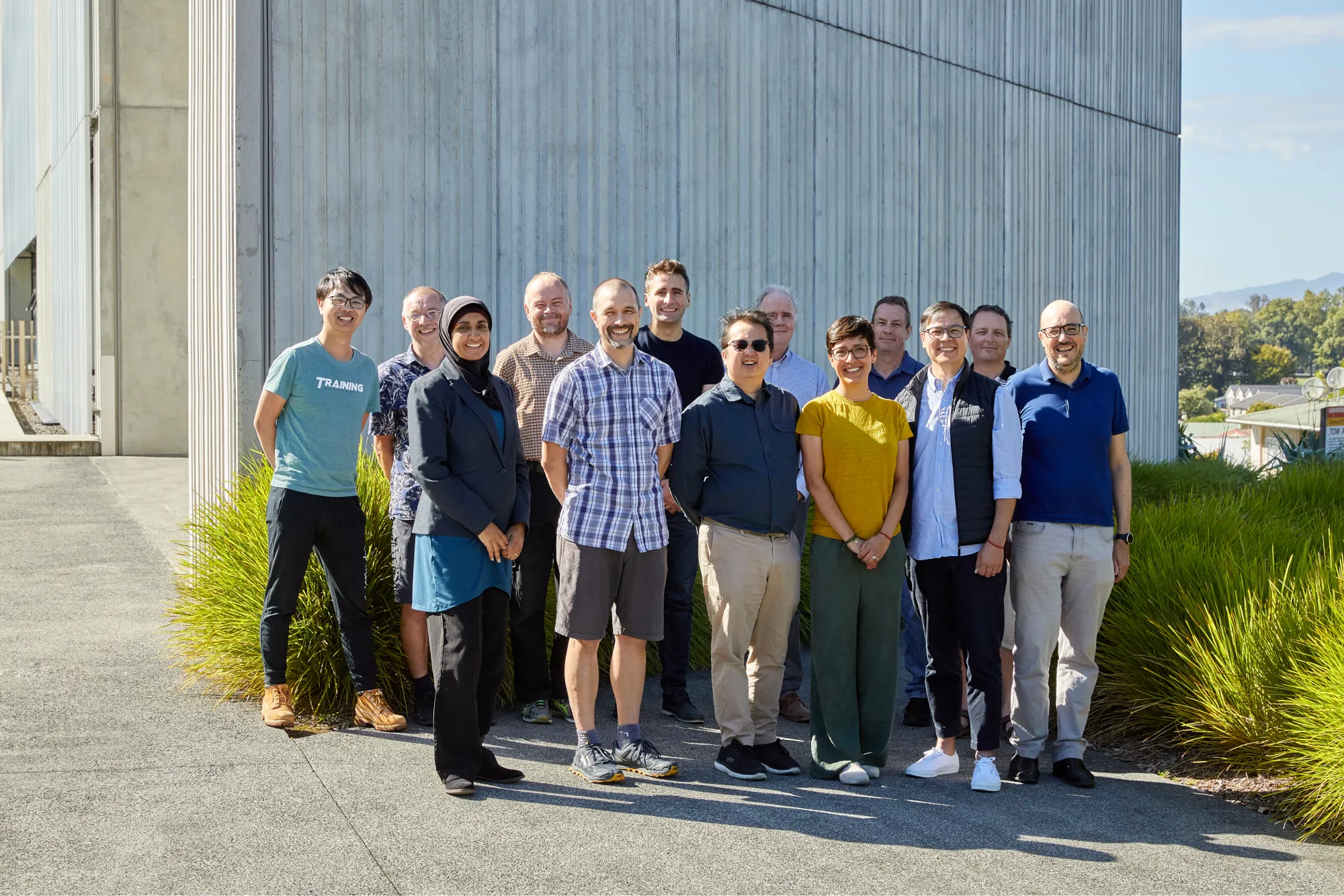University of Waikato bids farewell to historic B Block with planned demolition
Demolition begins this week on the oldest building at the Hamilton campus.


At Waikato, students studying computer science, design and data analytics are inspired by some of the sharpest minds, who are innovating and leading cutting-edge research on some of the most pressing challenges and exciting opportunities of our times.

Our software engineering team are experts in crafting and maintaining top-quality software projects across diverse technologies. Based in the Computer Science Department at the University of Waikato, we merge innovative research with practical expertise.

The study of Design comprises a well-balanced combination of analytical, technological and creative abilities. University of Waikato Bachelor of Design (BDes) graduates are trained to use a variety of skills to operate in a wide range of social contexts.

University of Waikato Mathematics and Data Analytics graduates are valued by employers for their strong analytical and high numeracy skills. With expertise in data collection and analysis, our graduates drive informed decision-making in organisations.

Find out more about the research groups in the School of Computing & Mathematical Sciences, including Cyber Security Researchers of Waikato (CROW) and the Design Research Group.

Te Ipu o te Mahara, The Artificial Intelligence Institute at the University of Waikato takes an interdisciplinary and collaborative approach to the development of cutting-edge artificial intelligence (AI) research.

The School of Computing and Mathematical Sciences is immensely proud to be celebrating its 50 year anniversary in 2023.
You’re currently viewing the website as a domestic student, you might want to change to international.
You're a domestic student if you are:
You're an International student if you are: